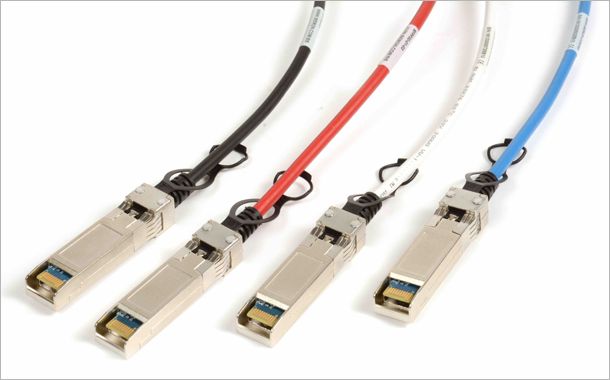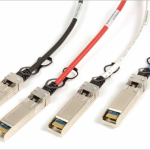Siemon has published a new guide, designed to support data centre professionals in making well-structured decisions for their data centre network infrastructure to meet the needs of current and future AI developments.
From AI cloud service providers with the power and cooling to support higher rack power densities and ToR configurations within large HPC clusters consisting of thousands of interconnected GPUs to large enterprises looking to build their business-specific AI infrastructure within an existing on-site or colocation data centre, the guide provides valuable advice to any user that is involved in the infrastructure design for complex AI environments.

Highlighting the unique requirements that data- and compute-intensive ML and GenAI applications are placing on network infrastructure including very high bandwidth and extremely low latency, the guide provides guidance on products that best meet these needs. Amongst the recommendations are AI-ready fibre solutions such as high-density, end-to-end singlemode and multimode MTP fibre systems that deliver high-performance, ultra low-loss (ULL) transmission to 800G and beyond for compute and storage fabrics. In addition, direct attach cables (DACs) and active optical cables (AOCs) should be considered for point-to-point high-speed, low-latency connections within back-end AI clusters for Ethernet, RoCE and InfiniBand networks.
Siemon’s new guide also provides advice on suitable cabling configurations in order to meet the higher power and cooling demands of GPU-based servers and it discusses the latest developments surrounding Infiniband and Ethernet, suggesting connectivity options that support both technologies.
“As data centres gear up for AI, users need innovative, robust network infrastructure solutions that will help them to easily design, deploy, and scale back-end, front-end, and storage network fabrics for complex high-performance computing (HPC) AI environments,” says Prem Rodrigues, Vice President Sales for India, the Middle East and Africa at Siemon. “We have created this guide to provide data centre professionals with a detailed overview of what they need for the design, delivery, and day-to-day operation of AI networks.”



















